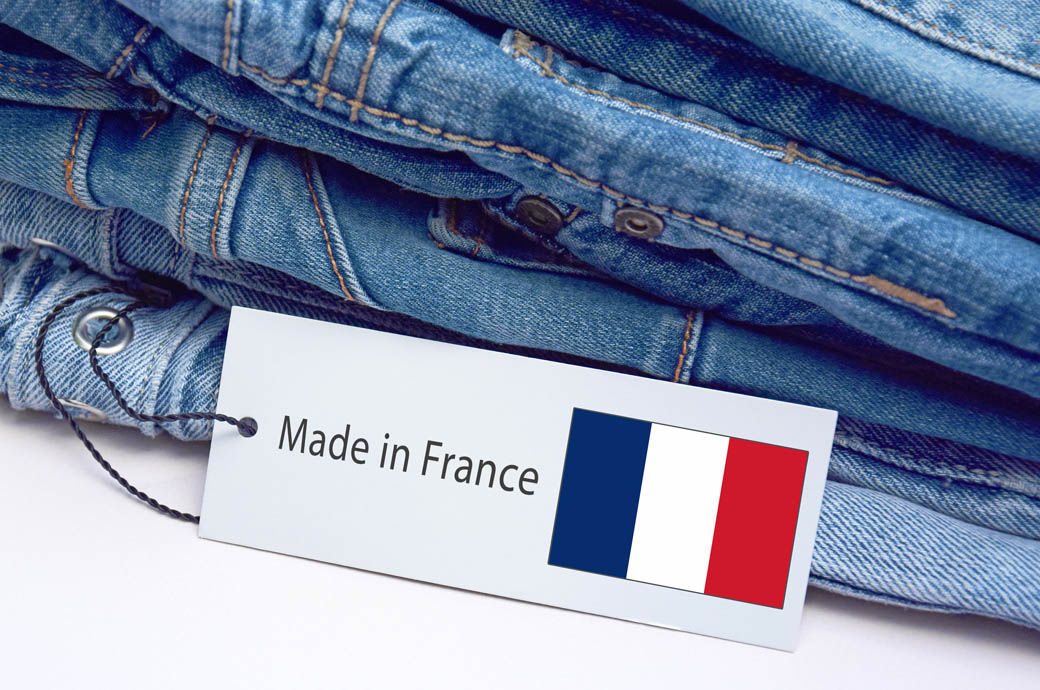
At 97, the synthetic indicator has gained four points, after losing six in October. However, it remains below its long-term average (100) for the seventh month in a row.
The business climate has rebounded in textiles and clothing, and the leather and footwear industries.
In November, the balance of opinion on past production has rebounded, but remains well below its long-term average, an INSEE release said.
The balance of opinion on personal production expectations has also rebounded and has almost gone back to its own.
On the contrary, the balance relating to general production prospects in the industry has decreased again and moved further away from its average. The balance on economic uncertainty felt by business leaders has retreated and moved away from its average.
The balances of opinion associated with the level of order books—both global and foreign—have rebounded. However, they remain quite significantly below their respective average.
The balance of opinion on the current level of finished-goods inventories has sharply retreated and has gone back below its average.
The balance of opinion relating to the expected trend in selling prices over the next three months has retreated and returned just below its average.
The share of companies declaring being limited in their production by workforce shortage has slightly decreased again and has moved closer to its average.
The share of companies declaring sourcing difficulties as a factor limiting their production is stable, at its average level, for the third consecutive month.
In total, the proportion of companies declaring supply-side obstacles only has slightly decreased: at 24 per cent, it has moved closer to its long-term average.
The share of companies declaring obstacles linked to demand only is stable for the third month in a row: at 28 per cent, it remains well below its long-period average.
Fibre2Fashion News Desk (DS)